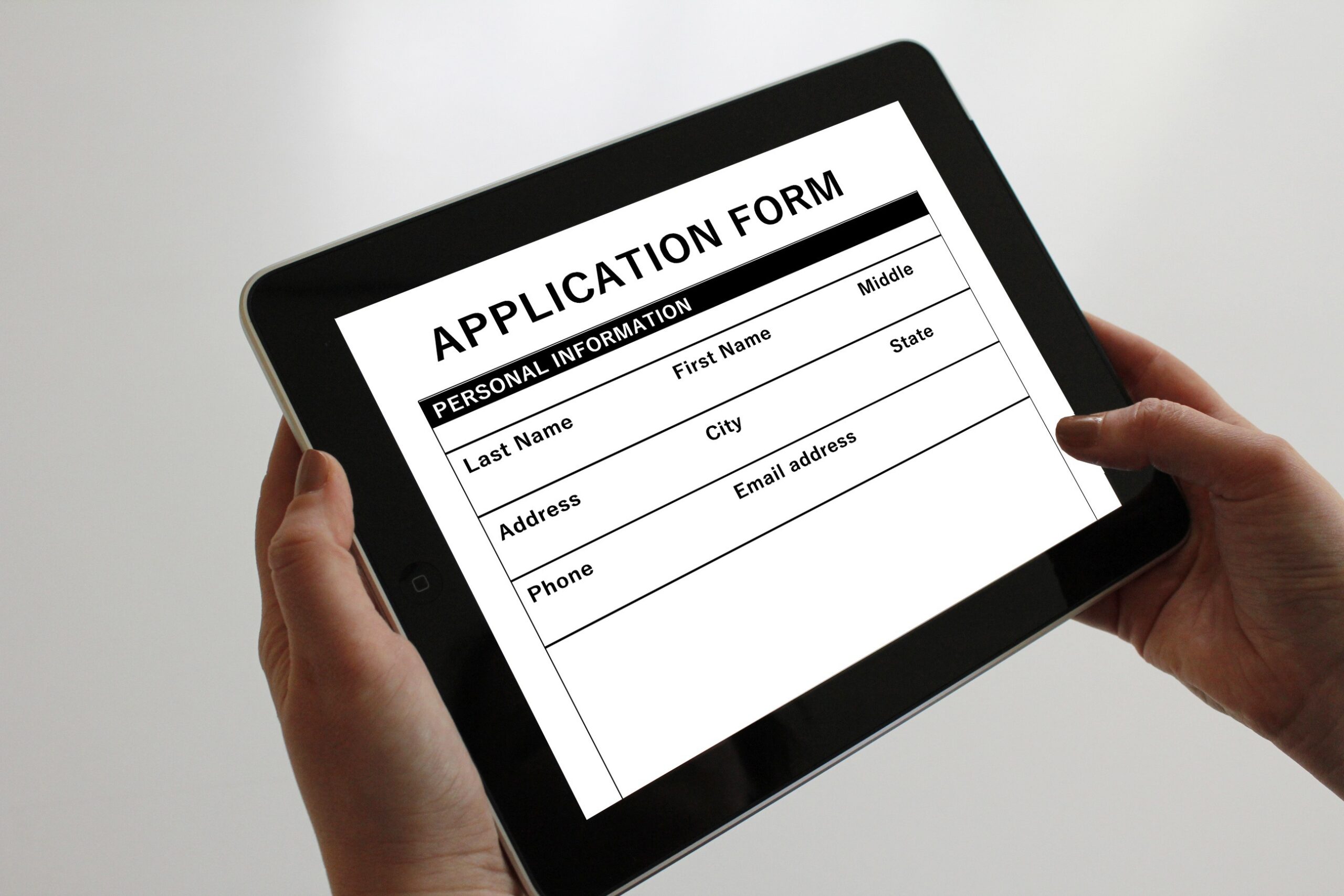To support an ambition to crack down on illegal immigration, the PM has confirmed plans for a new electronic identification to be issued by government and stored on citizens’ devices
Prime minister Keir Starmer has announced that a mandatory state-issued digital identity will be required for all employment checks before the end of this decade.
Downing Street said that, while the electronic document will be needed to complete the Right to Work checks that are legally required for anyone starting a new job, “there will be no requirement for individuals to carry their ID or be asked to produce it” while going about their daily life. The PM’s office also said that “government will ensure that it works for those who aren’t able to use a smartphone” – although it is not clear how this will be made possible.
One of the main objectives of introducing the system will help tackle illegal immigration by sending “a clear message that if you come here illegally, you will not be able to work”.
Citizens will be able to store their identity on their smartphone and the government added that the introduction of the system will also “make it simpler to apply for services like driving licences, childcare and welfare, while streamlining access to tax records”. The new GOV.UK Wallet, which is currently being developed by GDS, will offer a government-issued means of storing the new ID – alongside digital versions of other official documents, including a new virtual Driving Licence expected to launch this year.
Related content
- Digital ID booze-buying checks expected by the end of year
- GDS and digital ID watchdog meet with vendors to explore ‘how GOV.UK Wallet can work with private sector solutions’
- GDS signs £10m One Login cyber deal and plans recertification after losing government digital ID trustmark
The identity platform, which the Labour administrations plans to implement by the end of this parliament, will feature “state-of-the-art encryption and user authentication”. Use of the ID require the sharing of no more data than “the relevant information for the specific scenario in question”.
Before introducing mandatory IDs, the government will run a consultation to gather views from the public, with a particular intent to “engage with groups who aren’t as experienced with the digital world, like the homeless and older people”.
The eventual implementation of the technology will also be accompanied by “an outreach programme, including face-to-face support for citizens who are struggling to access the scheme”.
“I know working people are worried about the level of illegal migration into this country,” Starmer said. “A secure border and controlled migration are reasonable demands, and this government is listening and delivering. Digital ID is an enormous opportunity for the UK. It will make it tougher to work illegally in this country, making our borders more secure. And it will also offer ordinary citizens countless benefits, like being able to prove your identity to access key services swiftly – rather than hunting around for an old utility bill. We are doing the hard graft to deliver a fairer Britain for those who want to see change, not division. That is at the heart of our Plan for Change, which is focused on delivering for those who want to see their communities thrive again.”
Downing Street said that the UK’s electronic ID regime would seek to learn from the “the best aspects of the digital identification systems that are already up and running around the world”. This includes the use of the technology in Australia, Estonia, Denmark, and India.
In comments made earlier this month, a minister at the Department for Science, Innovation and Technology – the organisation that will likely be tasked with building the digital ID system – said that a full assessment or estimate of the cost of delivery has not yet been made.




